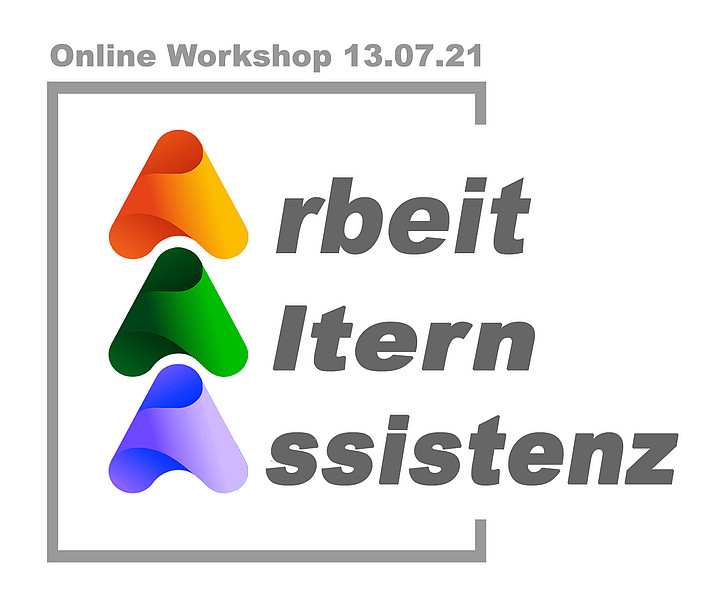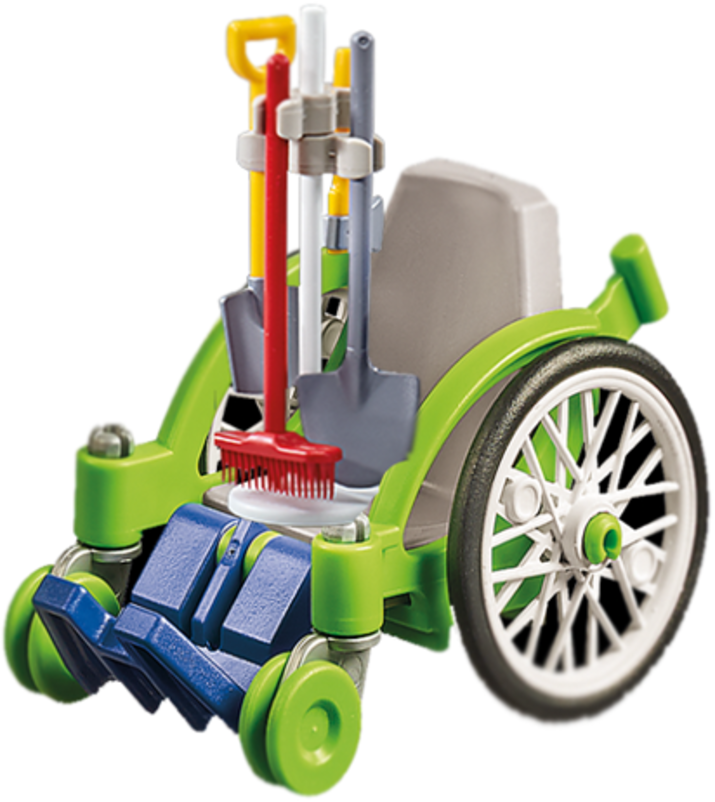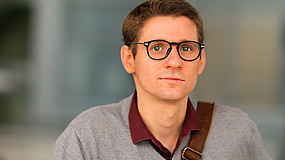In the GAT Institute's online workshop "Work, Ageing, Assistance" on 13.7.21, around 40 participants discussed the current discourses and challenges of ageing and care sciences.


In the GAT Institute's online workshop "Work, Ageing, Assistance" on 13.7.21, around 40 participants addressed the current discourses and challenges of ageing and care sciences, the major social implications of which have become very clear, not least due to the COVID-19 pandemic. The workshop, which combined the Gerontology Symposium of the Social Gerontology degree program, a transfer event of the Saxony5-CoCreation-Lab"Factory of the Future" and the GAT Symposium, clearly highlighted the current areas of tension in the ageing and care sciences, which the audience discussed. The role of the social sciences in demographic change as a critic and driver of innovation also became clear during the course of the workshop.
Demographic change, accompanied by a shortage of skilled workers, is creating both enormous challenges and diverse innovations, particularly in the care sector, which were discussed on the day. The audience was treated to informative presentations by the invited speakers. The 10-minute discussions after the presentations on the relevant specialist topics ensured a lively exchange. This created an intensive workshop atmosphere and the participants were able to interactively engage with the content from teaching, research and practice (chat & live connection). The opening of the moderator of the entire event Katja Knauthe (HSZG/GAT and equal opportunities officer of the city of Görlitz) gave a first thematic introduction and outlined trends in digitization and care.

Four of the seven presentations highlighted current developments in the areas of technology and assistance systems in the working and living environment of older people from different perspectives. In particular, the explosive nature of the tension between promoting autonomy/self-determination on the one hand and reducing costs/technology support on the other became clear. Not only senior citizens themselves, but also scientists and advisors are always involved in dependencies. In his presentation, Prof. Dr. Michél Nitschke (TU Nuremberg) therefore encouraged the audience to discuss the underlying premises of the research field "Age and Technology" together, as these can have a decisive influence on the design of transfer projects and consultations. This sparked a lively debate that continued throughout the day. Bill Pottharst (GAT) also followed on from this, critically examining the narrow focus on technical solutions that can sometimes be observed within gerontology and emphasizing the perspective and motives of non-users of technology in his presentation. Daniel Reimann (GAT) also opened up a differentiated picture of older people's willingness and use of technology through his study. He pointed out that the two are not necessarily causally linked, but that the reasons for non-use/use can be very complex and selective. In her presentation, Lisa Kortmann (DZA) examined the gender aspects of participation in further training among older employees and showed that gender only has a marginal influence on the frequency of participation in further training measures for older adults compared to the respective degree of digitalization of the occupational sector. However, the more pronounced the digitization push is, the lower the probability of women participating and the higher the probability of men participating, from which a disadvantageous situation for older women in the world of work can be derived.
In the second thematic block of the workshop, Prof. Dr. Andreas Hoff, Prof. Dr. Martin Knoll and Monique Ritter (all GAT) addressed the current challenges in the care sector. In his presentation, Prof. Hoff, GAT Institute Director and Deputy Chairman of the Independent Committee on the Compatibility of Care and Work, which advises the German government on this topic, presented the effects of the compatibility problem on the health and income situation of family caregivers over the course of their lives. He then presented the work of the advisory board and its recommendations for action to achieve a good work-life balance. With the presentation of the new nursing degree course at the Zittau/Görlitz University of Applied Sciences and the associated academization of the professional field, Prof. Knoll showed how increasingly complex requirements in nursing can be met in the future and how the connection to nursing training in other European countries can be achieved. Monique Ritter's presentation of the interim status of her doctorate on the subject of "Racism in nursing" provided insights into an extremely controversial aspect of this field, which is structuring it but has received little academic recognition to date.
The intensive preparation of the workshop by all participants enabled the smooth running of the event, which was expressly praised by the auditorium.
The GAT Institute would like to thank everyone involved for their active participation and contributions. We look forward to repeating this series, probably in 2023.



